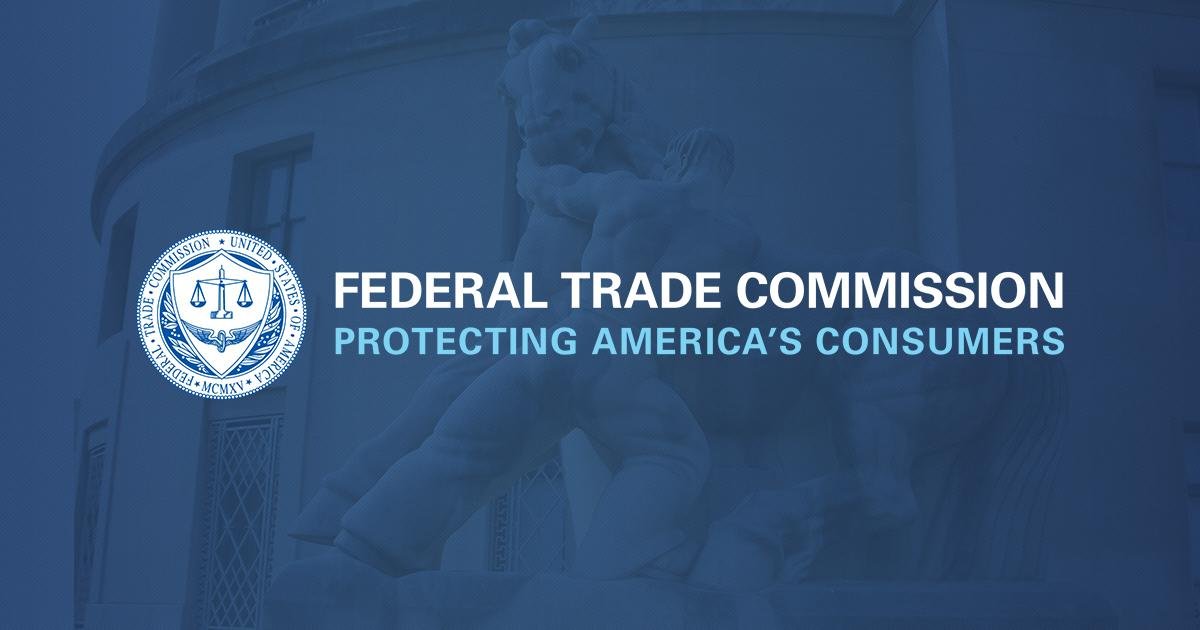The Federal Trade Commission today filed a lawsuit challenging Tapestry, Inc.’s $8.5 billion acquisition of Capri Holdings Limited. block, a deal that aims to combine three close competitors: Tapestry’s Coach and Kate Spade brands and Capri’s Michael Kors brand. If allowed, the deal would eliminate direct head-to-head competition between the Tapestry and Capri brands. It would also give Tapestry a dominant share of the market for “accessible luxury” handbags, a term coined by Tapestry to describe high-quality leather and artisan handbags at an affordable price.
The Commission filed an administrative complaint and authorized a lawsuit in federal court to block the proposed acquisition, claiming that Tapestry’s acquisition of Capri would eliminate intense competition between the two companies.
The proposed merger threatens to deprive millions of U.S. consumers of the benefits of Tapestry and Capri’s head-to-head competition, including competition on price, discounts and promotions, innovation, design, marketing and advertising. The deal also threatens to remove the incentive for the two companies to compete for workers and could negatively impact workers’ wages and benefits. Following the acquisition, the combined Tapestry and Capri would employ approximately 33,000 employees worldwide.
“Aiming to become a serial buyer, Tapestry is seeking to acquire Capri to further solidify its position in the fashion industry,” said Henry Liu, director of the FTC’s Bureau of Competition. “This deal threatens to deprive consumers of the competition for affordable handbags, while hourly workers risk losing the benefits of higher wages and more favorable working conditions.”
Tapestry and Capri currently compete on everything from clothing to glasses and shoes. Where Tapestry and Capri compete most vigorously – especially between Tapestry’s Coach and Kate Spade brands and Capri’s Michael Kors brand – is in the “accessible luxury” handbag market. Today, Coach, Kate Spade and Michael Kors constantly monitor each other’s handbag brands to determine prices and performance, and they all use that information to make strategic decisions, including increasing or decreasing handbag prices.
The deal would end fierce competition on many key issues, including price, discounts and design. Tens of millions of Americans who buy products from Coach, Kade Spade and Michael Kors could face higher prices, the FTC claims. If Tapestry acquires Capri, Tapestry would gain a dominant market share in the “accessible luxury” handbag market, eclipsing all other competitors, the FTC claims.
Tapestry is engaged in a decade-long merger and acquisition strategy through serial acquisitions to realize its dream of becoming a major American fashion conglomerate. It has continually attempted to acquire a variety of fashion brands, successfully pursuing many of its intended acquisitions.
Given Tapestry’s pattern of serial acquisitions, the acquisition of Capri will further entrench Tapestry’s stronghold, making it more difficult for new brands to both enter the market and have a meaningful presence, the FTC claims. This deal likely won’t be Tapestry’s last, as the acquisition of Capri will give Tapestry additional leverage to make more acquisitions in the future, the complaint said. As stated in the FTC’s complaint, documents produced by Tapestry show that it has no plans to halt acquisitions even after this proposed merger.
The Commission voted to file the administrative complaint and authorized the staff to seek a temporary restraining order, and a preliminary injunction was 5-0. Commissioner Melissa Holyoak voted in favor because she has reason to believe the merger will eliminate significant competition between the parties.
A public version of the complaint will be available as soon as possible and will be linked to this press release.
REMARK: The Commission files an administrative complaint when it has “reason to believe” that the law has been or is being violated and it appears to the Commission that a proceeding is in the public interest. The issuance of the administrative complaint marks the beginning of a proceeding in which the allegations will be adjudicated at a formal hearing before an administrative law judge.

